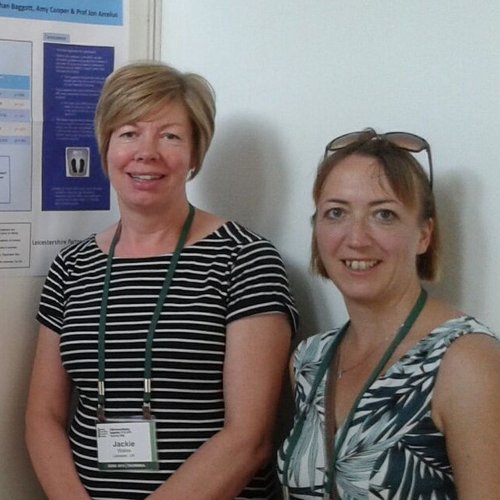Transition from CAMHS to adult eating disorder services, important factors from the perspectives of patients, carers & clinicians: A Q-Methodology study
Effective transitions from child and adolescent to adult services are important for continuity of care for patients with eating disorders. The study aimed to examine the relative importance of a series of statements about the transition process from the perspectives of patients, parents/carers and clinicians.
Twenty-eight participants completed a Q-sort task, sorting 40 statements, to identify priorities for transition.
Analysis resulted in the extraction of 4 factors explaining 52% of the variance. The four distinct factors elicited were: ‘parents and carers need including too’, ‘facilitating effective transfer between services’, ‘supporting the patient through transition’ and providing ‘timely, patient centred care’.
The study enabled similarities and differences in priorities to be observed for the three respondent groups which can be used to develop effective transition protocols. These protocols should: ensure a person-centred approach; timely planning; include parents/carers; provide continuous care and have good transfer of information between services and sensible timing of transitions. Differences in priorities/opinions between those involved can be addressed through open communication channels.
Jackie Wales & Nicola Brewin

Jackie and Nicki have worked across both CAMHS and Adult Eating Disorders services for a number of years in a Service Evaluation and Research Associate role. This is the final stage of a project looking at the transition processes with eating disorder services.